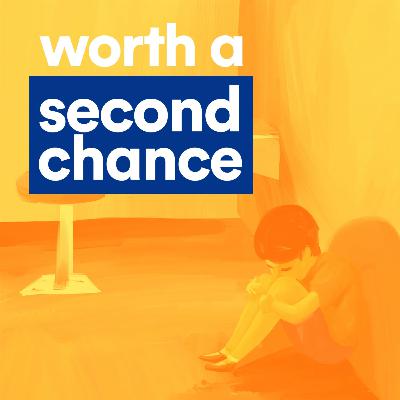Researcher Rob Bonnet’s “ripple effect” theory for reducing crime without using prisons
Description
When a young person commits a crime, some people might call for them to be sent to jail. A place to punish them, to keep the community safe, and to deter others from doing the same thing. But the evidence tells us prisons aren’t effective at stopping crime. Eighty per cent of young people in Victoria will reoffend within a year of leaving detention, and the experience of being isolated in a harsh prison environment doesn’t help someone get on a better path.
Now, new research shows that an approach called group conferencing is nearly twice as effective in reducing reoffending – without sending kids to prison. Today, researcher Rob Bonnet tells us why. Rob’s PhD research evaluated the effectiveness of the Victorian Government’s Youth Justice Group Conferencing program – the program brings together people who have offended with the victims of their actions in dialogue, to restore relationships, heal harm, and change behaviour. Here's what Rob found, why it works, and what this research could mean for youth justice in Victoria.





